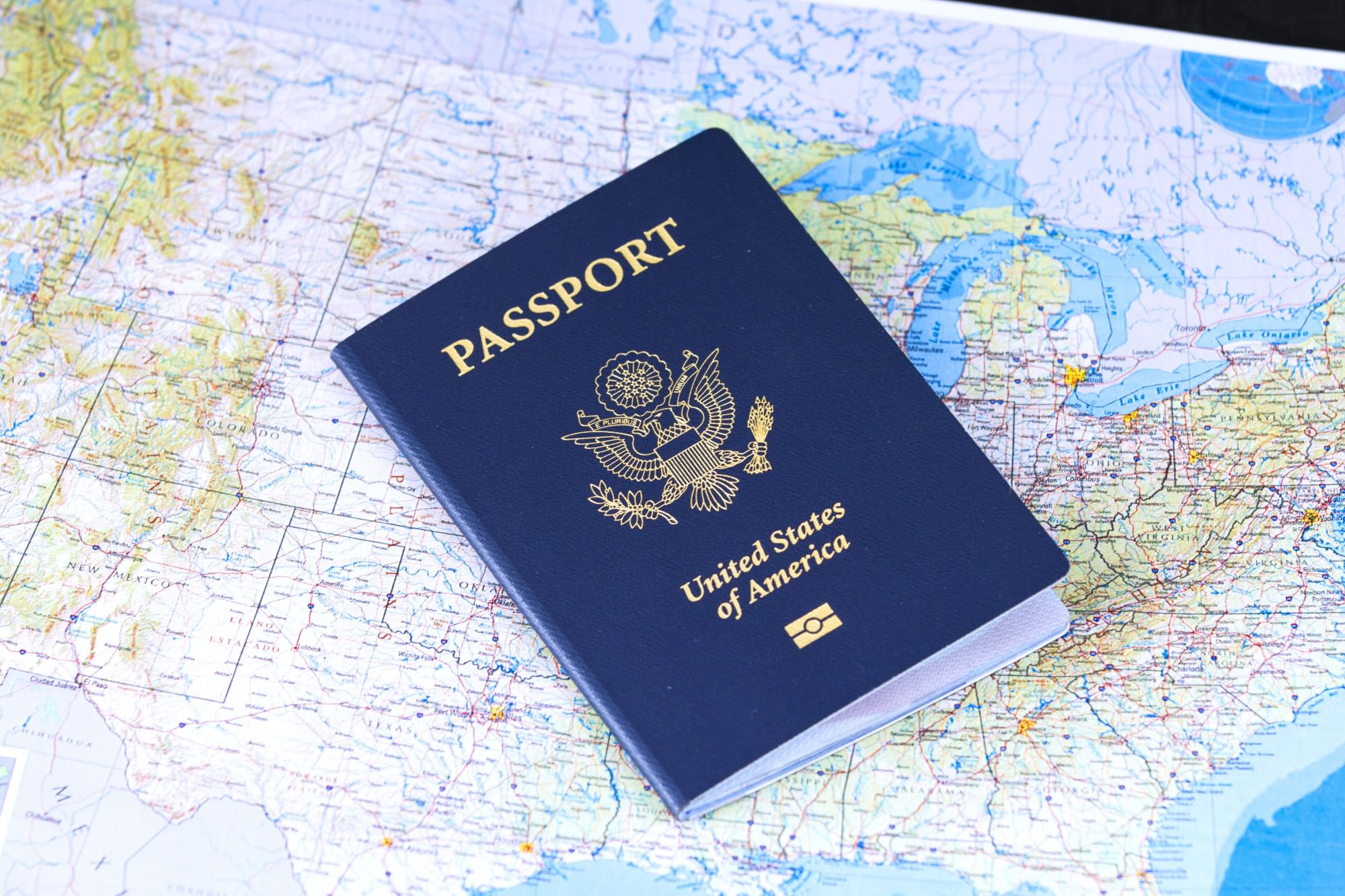U.S. News
U.S. Hits New Low on Henley ‘Power Passport’ Index
By Mara Lafontaine · July 21, 2023
In brief…
- The Henley Passport Index is a quarterly ranking of the world's passports based on visa-free access to other countries.
- The Japanese passport held the top spot for four years but has just been replaced by Singapore.
- The US passport dropped to its lowest ranking to date - a three-way tie for No. 8
- The COVID-19 pandemic has had an impact on the rankings.
- The US passport permits visa-free travel to 184 countries, while a Singaporean passport allows visa-free access to 192 countries.

The Henley Passport Index is an authoritative quarterly ranking of the world’s most powerful passports based on visa-free access to the rest of the world. The Japanese passport has occupied the No. 1 spot for the past four years. However, the just-released quarterly Index gave Singapore first place, as the US fell to its lowest position yet, a three-way tie for 8th place, behind 27 other countries. According to the Index, out of 227 destinations, the US passport allows visa-free travel to 184 countries, while Singapore allows travel to 192.
Philippe Amarante, Managing Partner at Henley & Partners, explained to CBS News the shifting dynamics of global mobility. The strength of a passport, said Amarante, is not just about freedom of movement, but also about economic opportunity. “Consider the fact that Singaporeans have access to not only travel and leisure opportunities, but also for business opportunities around the world,” he said.
This correlation between passport power and the economic health of a nation is what makes countries eager to climb up the rankings. Amarante said, however, that world events can also constitute a major factor, noting the COVID-19 pandemic, which led to US citizens being barred from entering Europe and Australia’s nearly two-year ban on international travel.
Stagnation, Amarante said, is the main reason for America’s decline in the rankings. “Standstill means basically falling behind. And I think that’s what happened,” he explained. “Ten years ago, the US had access to 174 countries and made them one of our No. 1 ranking countries. But in the meantime, over the past years, other countries were able to add more countries to the visa-free access protocol, and the US has done less so.”
Amarante linked the decline in the US ranking to its domestic policies within a global climate that expects reciprocity. He explained, “One country would expect that— ‘Hey, hold on a second. If I give you a visa-free waiver, you should do the same to me. Right?’ — But that doesn’t go very well at the moment with the policy temperature that we have in the US where it’s a bit more closed.”